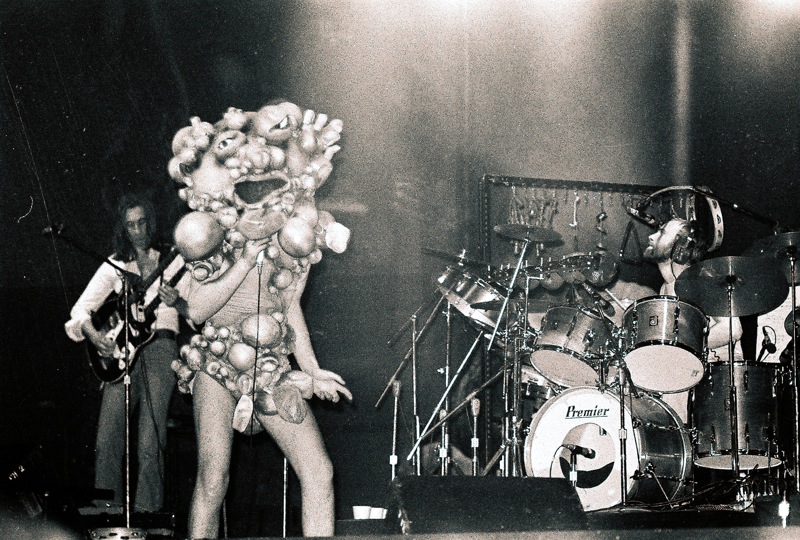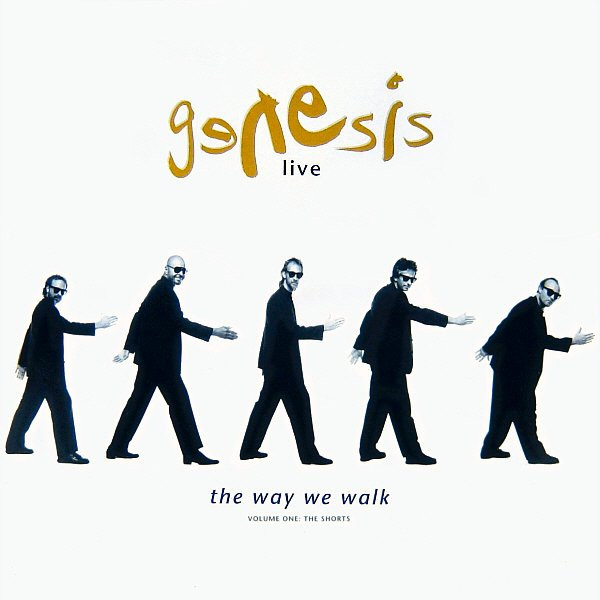When did Genesis step on stage for the very first time? The short answer: we’re not entirely sure. Two dates circulate — 23 September 1969 and 26 October 1969 — and both have evidence. Here’s a summary of what we know about the origins of Genesis live.
Continue reading “Genesis’ First Live Show – A Tale of Two Dates”Steve Hackett Leaves Genesis – The End of an Era (8 October 1977)
On 8 October 1977, Genesis officially announced that guitarist Steve Hackett had left the band. His departure marked the second major loss in just two years, following Peter Gabriel’s exit in 1975, yet it also opened the door to a new chapter in the group’s history.
Continue reading “Steve Hackett Leaves Genesis – The End of an Era (8 October 1977)”Wind & Wuthering (1976) – Genesis
Released between December 1976 and January 1977, Wind & Wuthering marked the end of an era for Genesis. It was the last album to feature Steve Hackett before his departure, and it stands as one of the band’s most progressive works, balancing complex storytelling, instrumental prowess, and early hints of their later pop-oriented direction.
Continue reading “Wind & Wuthering (1976) – Genesis”The Genesis of Anon: Their First Live Gig on December 16, 1965
Before Genesis became the iconic progressive rock band we know today, its roots lay in two school bands at Charterhouse School: Garden Wall and Anon. Among these, Anon brought together the talents of Anthony Phillips, Richard Macphail, Rivers Jobe, Rob Tyrrell, and a young Mike Rutherford. On December 16, 1965, Anon performed their first live gig—the humble beginning of a legendary musical journey.
Continue reading “The Genesis of Anon: Their First Live Gig on December 16, 1965”Nursery Cryme (1971) – Genesis
In November 1971, Genesis released Nursery Cryme, their third studio album and a turning point in their musical evolution. It marked the arrival of guitarist Steve Hackett and drummer Phil Collins, whose contributions would shape the band’s signature progressive rock sound.
Continue reading “Nursery Cryme (1971) – Genesis”Phil Collins’ First Solo Concert
On November 21, 1982, Phil Collins embarked on a bold new chapter in his career: his first-ever solo concert. Held in Den Haag, Netherlands, this performance marked the start of his Hello, I Must Be Going! tour, a tour that defined his journey from Genesis drummer and vocalist to a global solo star.
Continue reading “Phil Collins’ First Solo Concert”The Lamb Lies Down on Broadway Tour: A Theatrical Odyssey (1974–1975)
As Genesis embarked on their ambitious The Lamb Lies Down on Broadway tour, which commenced on November 20, 1974, audiences were drawn into an elaborate fusion of music and visual storytelling that spanned 102 shows across the U.S., Europe, and the UK. The tour, running until May 22, 1975, was an unprecedented venture, marked by its innovation, chaos, and lasting legacy. But how did it become one of the most memorable and challenging chapters in Genesis’ history?
Continue reading “The Lamb Lies Down on Broadway Tour: A Theatrical Odyssey (1974–1975)”The Shorts (1992) – Genesis
In November 1992, Genesis released The Shorts, the first volume of their dual live album project, The Way We Walk. This release marked a departure from the typical live double-album format that encapsulates an entire show. Instead, Genesis took a bold approach by splitting their 1992 tour recordings into two thematic compilations: The Shorts—a collection of their most recent hits—and The Longs, featuring their extended, experimental tracks and a medley from the ’70s.
Continue reading “The Shorts (1992) – Genesis”The Lamb Lies Down on Broadway (1974) – Genesis
In June 1974, Genesis found themselves at a pivotal moment in their career. The band, having evolved through various phases, was now at the cusp of creating one of their most ambitious and transformative albums: The Lamb Lies Down on Broadway. Genesis had entered a new phase, both creatively and personally. The group decided to record in a new environment, seeking a place that would inspire their next sonic chapter. They chose Headley Grange, a decaying old eighteenth-century poorhouse in East Hampshire, previously inhabited by artists like Led Zeppelin and Bad Company. But when Genesis arrived, it was in a dilapidated state. The previous occupants had left behind quite a mess, and the house, with its eerie atmosphere, only added to the tension brewing within the band.
Continue reading “The Lamb Lies Down on Broadway (1974) – Genesis”We Can’t Dance (1991) – Genesis
We Can’t Dance marked Genesis’ 1991 return following an intensive period of solo projects and the global success of their previous Invisible Touch tour, which captivated 3.5 million fans across 112 shows but left the band physically and emotionally spent. Personal experiences, including Mike Rutherford’s loss of his father and complications during his son Harry’s birth, shaped the hiatus that saw Mike successfully releasing The Living Years with Mike + The Mechanics, and Phil Collins achieving massive success with …But Seriously and its accompanying tour. The band reconvened at The Farm, their private studio in Surrey, in March 1991, producing We Can’t Dance over six months. This album would become the final Genesis album with Collins as lead vocalist.
Continue reading “We Can’t Dance (1991) – Genesis”
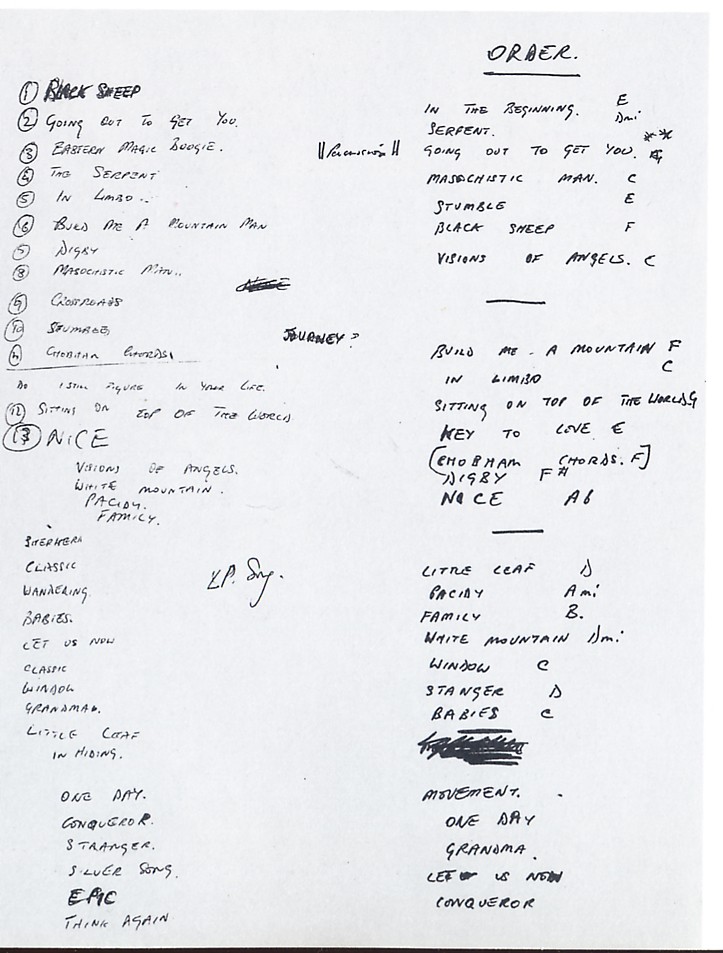

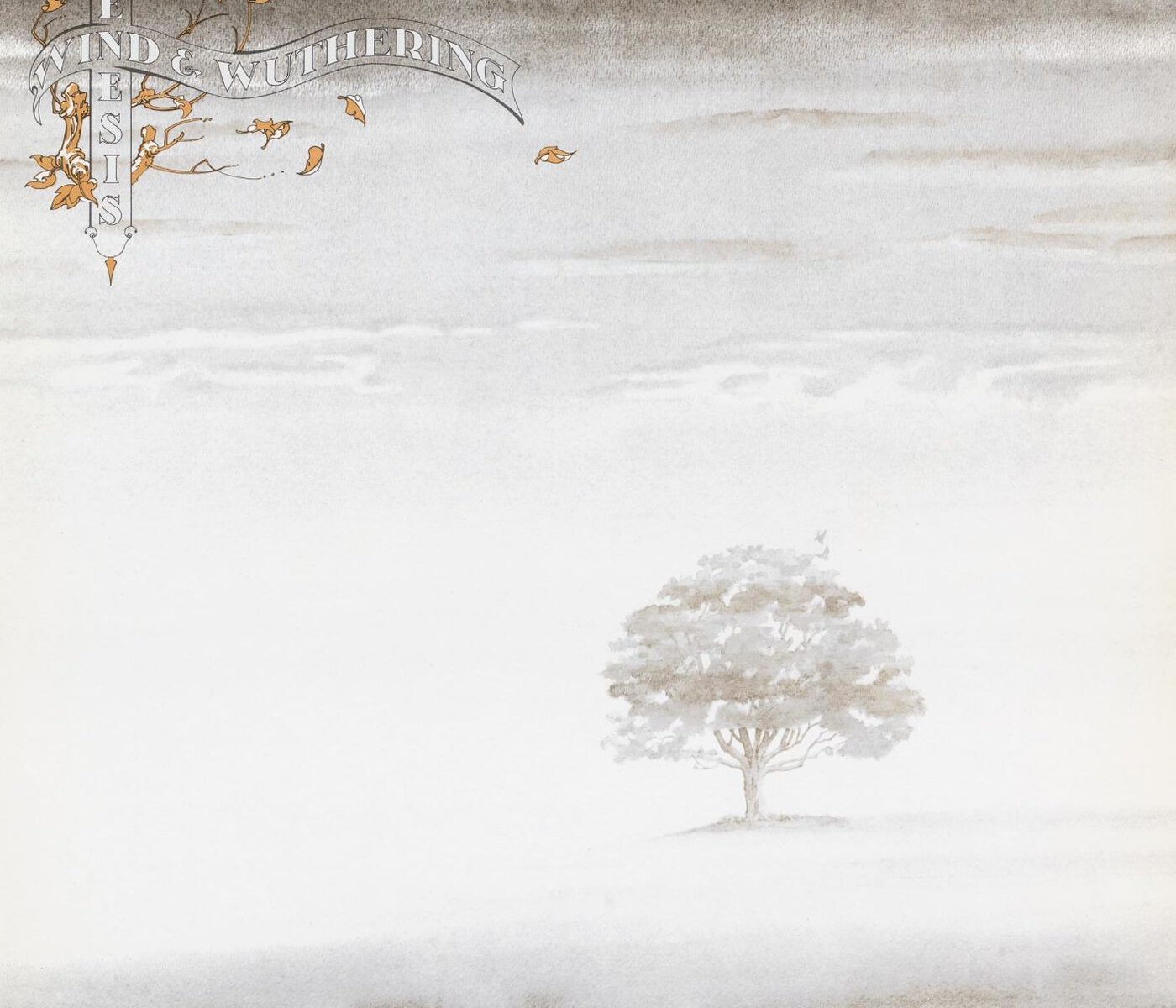
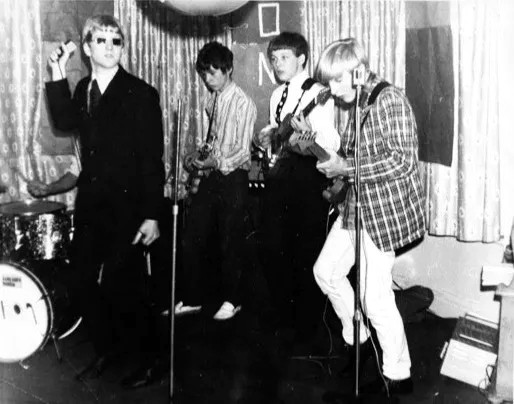
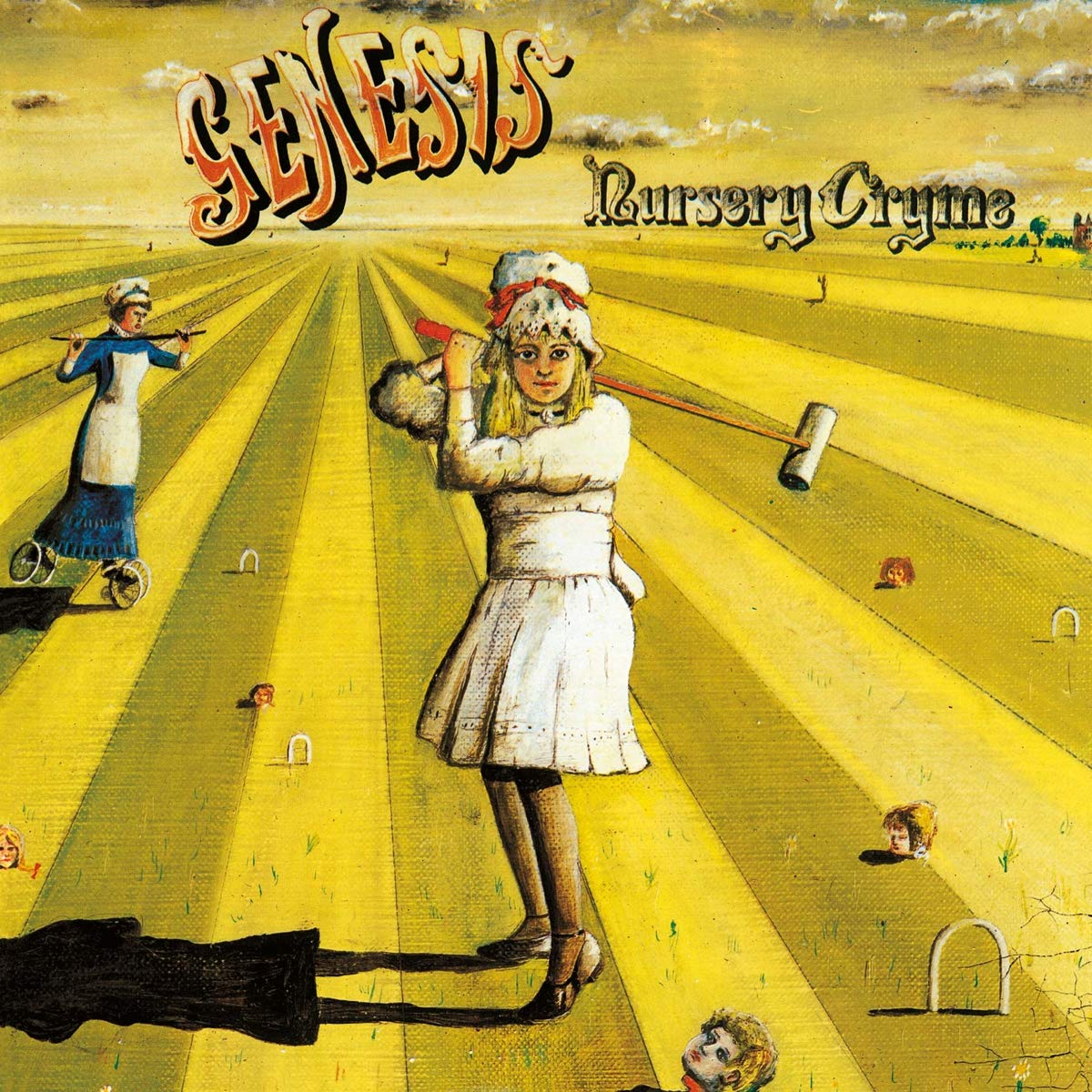
![Phil Collins on the cover of Live at Perkins Palace [1982]](https://genesis-band.com/wp-content/uploads/2024/11/Phil-Collins-on-the-cover-of-Live-at-Perkins-Palace-1982.jpg)
